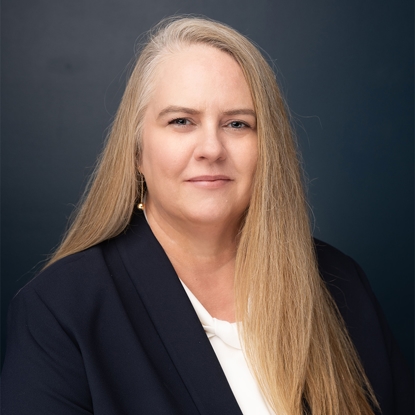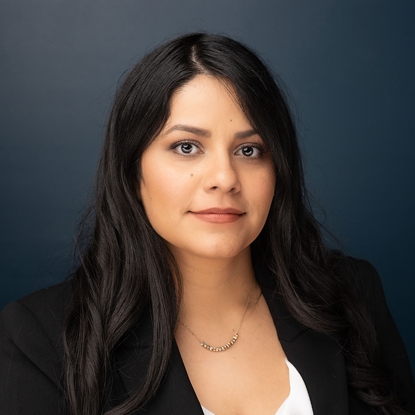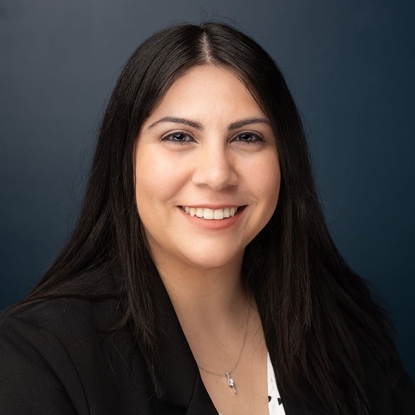
Immigration Attorney in Brunswick, Georgia
What is the Difference Between Adjustment of Status and Consular Processing?
Adjustment of status (at an immigration office the U.S.) and Consular Processing (through a U.S. Embassy abroad), are the two major processes available in applying for Lawful Permanent Resident (LPR) status., commonly referred to as a “green card.”
Adjustment of status requires that the applicant have a visa immediately available, and usually also requires the applicant be admitted, inspected, or paroled. When someone enters the U.S. without inspection, they typically will not be eligible to file for adjustment of status and may need to consular process instead, unless they are adjusting through a special provision of the law such as INA § 245i, or through a VAWA self-petition, U-visa, T-visa, or other qualifying basis for adjustment of status.
If someone entered the U.S. without inspection (EWI) and does not seek to adjust under one of the categories which exempts EWI, they may need to consular process. Often the person will require a provisional waiver for the time they spent in the U.S. without authorization. The provisional waiver is applied for and approved before the person departs the U.S. for consular processing. In addition to persons who entered without inspection as described above, consular processing is also the procedure for persons already overseas who intend to immigrate to the U.S.
Whether you or your loved one should consular process or apply to adjust status in the U.S. can be a complicated issue and should be assessed by an immigration attorney given the severe consequences for following the wrong procedure. At the Law Office of Karen Winston, we have successfully helped hundreds of clients through both of the above processes.
Get started with our experienced and compassionate immigration team today. Call us at (904) 590-2689 or contact us online today.

-
The Law Office of Karen Winston was absolutely amazing with regards to my case. Our paralegal, Florencia, was very helpful and friendly! They always kept us informed and were quickly to answer emails.- Aubrey B.
-
Throughout my whole immigration case I had not 1 doubt in my heart that I wouldn’t win my case- Mimi L.
-
Every member of the team we dealt with was super welcoming and friendly and they took away all of the stress and uncertainty. Our application was approved way quicker than anticipated and with a minimum of stress.- John D.
-
This was the most dedicated and helpful team of people I have encountered in my immigration journey. They make you feel extremely welcome upon entering. I never once had an issue getting a fast response.- William B.

Meet Our Dedicated Team
Experienced and Compassionate Advocates On Your Side

What Sets Us Apart
Ethical and Trusted Representation
-
High Success Rate
Over almost 15 years of service, Karen Winston has an impressive record of keeping families together.
-
Reputation for Excellence
As an attorney and former law professor, Karen Winston is well-respected before USCIS, courts, and judges.
-
Immigration Is All We Do
We focus exclusively on Immigration services and are fully prepared for whatever your case may need.
-
Trustworthy Representation
Our dedicated team truly cares about each client, and we hold ourselves to the highest ethical standards.





